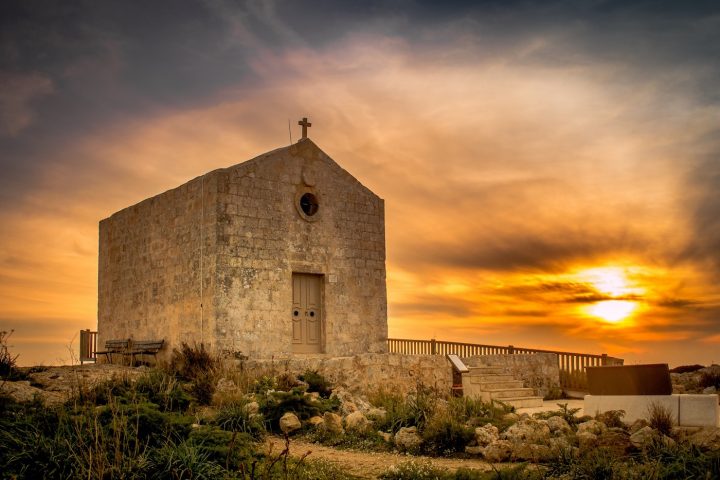Amazon Synod Theologian Pushes Leftist Ideology, by Stephen Wynne
August 19, 2019SPUC: Head of Abortion Biz Made $525,000. Got “Performance Bonus” Because It Killed Nearly 5 Million Babies
August 19, 2019
By Nathaniel Peters, Public Discourse, Aug. 18, 2019
 The rise in numbers of people with no religious affiliation reflects the emergence of a new faith rather than a loss of faith altogether. As America’s religious norm changes from Christianity to therapeutic deism and spiritualized progressivism, we will find more people challenging longstanding protections of human dignity and religious liberty.
The rise in numbers of people with no religious affiliation reflects the emergence of a new faith rather than a loss of faith altogether. As America’s religious norm changes from Christianity to therapeutic deism and spiritualized progressivism, we will find more people challenging longstanding protections of human dignity and religious liberty.
Roughly one fifth of Americans, and one third of young Americans, are what the Pew Research Center has dubbed “Nones,” people who claim no religious affiliation—and their numbers are growing. Writers on all sides agree that the rise of the Nones signals the decline of religion, but disagreement continuess over what it means for the future of America. This week at Public Discourse, our contributing editors will offer analyses of how the Nones will affect the five pillars of a free and virtuous society: the human person, sexuality and family, politics and law, education and culture, and business and economics. In today’s essay, I offer some background on the Nones and on recent shifts in America’s religious landscape. These shifts constitute an erosion not of devout religious communities, but of a broader Christian culture. The loss of that culture will have an impact on principles that developed out of Christian beliefs, two such principles being the dignity of the human person and the right of religious liberty.
Less Religion, or a New Religion?
Some might consider the rise of the Nones to be proof of the “secularization thesis”: that “modernity inevitably produces a decline of religion,” as Peter Berger put it. However, as Berger himself came to see over the course of decades, that thesis is false. Instead of secularism, modernity produces pluralism, “the coexistence in the same society of different worldviews and value systems. . . . The problem with modernity is not that God is dead, as some people hoped and other people feared. [Rather,] there are too many gods, which is a challenge, but a different one.” …




